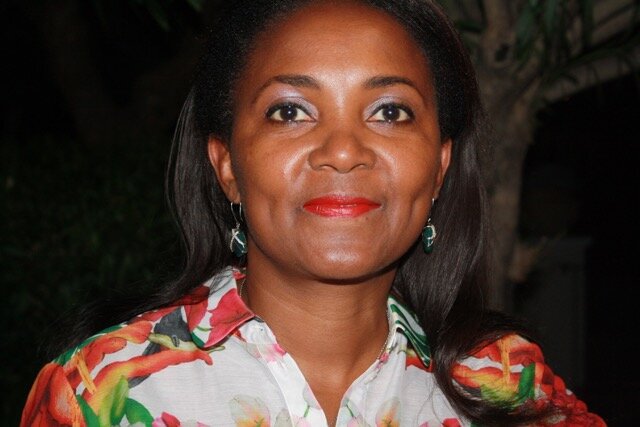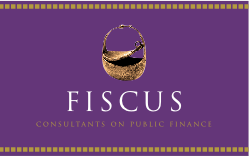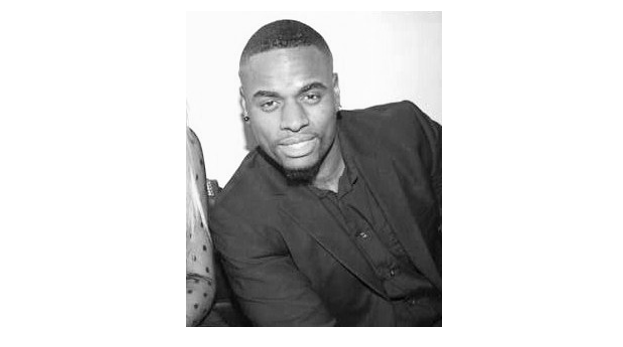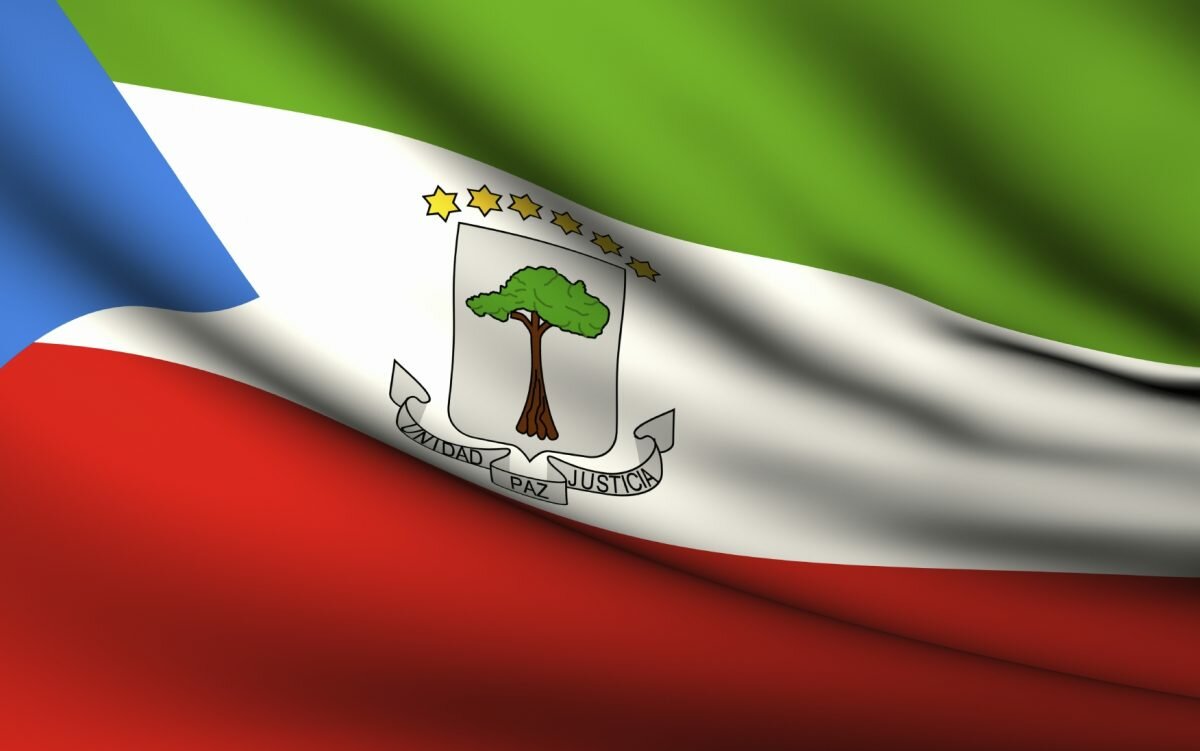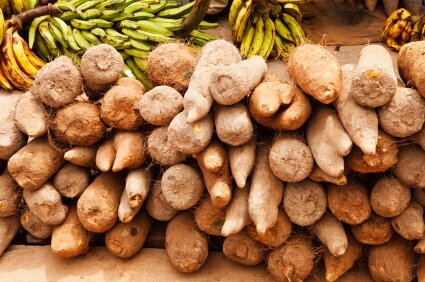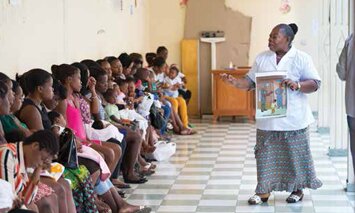As part of the Embassy’s Globetrotters programme, we profile a different UK-based Equatoguinean each month, allowing us to learn about their experiences living and working in the country. In each interview, the Equatoguinean expats will detail their likes/dislikes of the UK, their experiences in learning English, and what they miss most about Equatorial Guinea! To view the full list of Globetrotters, please click here. This month’s Globetrotter is Fermina Lawson.
Where are you from in Equatorial Guinea? Tell us a bit about yourself, and your memories of Equatorial Guinea.
I was born and brought up in Malabo. I am fang from Ebeiñ-Yenkeng in Niefang.
Why did you choose to move to the United Kingdom?
I am married to a British man and naturally moved to the UK.
Fermina’s time in the UK:
What do you like most about living in the UK?
It is hard to say, both countries are different and have contributed immensely to my life. My adult life is and has been in the UK and I would not have it any other way.
What are the biggest differences between Equatorial Guinea and the UK?
The weather! The UK has lots of parks and open spaces; when I am in Equatorial Guinea I really miss open spaces. Culture is very much valued in the UK. In Equatorial Guinea, it has a different appreciation. People are more reserved in the UK whilst in Equatorial Guinea, people have more of a sunny disposition. I guess the weather has a lot to do with that.
My husband and I run our business and have been doing so since 2007. In the last year I was made the Managing Director, all is well with work and we are steadily growing. The company is called Fiscus Limited and it is a Public Finance Management Consultancy business. For more information please visit our website on www.fiscus.org.uk.
If you were to leave the UK, what would you miss most about living here?
I do not think I will ever leave the UK, I would not know how to live elsewhere. However, if I had to leave I would really miss the generosity shown by people when raising funds to help others. Voluntarism and charitable work has a different and a very positive meaning in this country and I really admire that. Also and very importantly, I would miss the BBC both radio and TV. The documentaries shown on TV are very educational and incredibly well-done, the attention to teaching as accurately as possible is very impressive. Then Radio 4 and 2 – I would really miss them.
What are the biggest benefits about working/living in the UK? And the downsides?
Education for all and all ages particularly for women. This is a very valuable part of British society, the possibility to learn new things and therefore improve your personal development is real and available for all to access should they wish to. I have worked most of my life in the UK and it would be difficult to compare to anywhere else. However, to me the downside of living in the UK has been me losing a little bit of my Equatoguinean sense of humour.
How did you learn English?
I went to both Spanish and English schools in Equatorial Guinea as a child. Later on in life, I improved it substantially when I moved to the UK.
On Equatorial Guinea:
What do you miss most about Equatorial Guinea?
Seeing that side of my family more often.
Do you plan to eventually return to Equatorial Guinea?
I do not think so, but you can never know.
Advice for others:
Would you recommend other Equatoguineans to move to the UK? What advice would you give those who choose to move here?
Yes. The reason is simple, education! I cannot emphasise this more, the importance of having the opportunity to educate yourself and your family is essential in life. To those that choose to move here, get to know the UK and try to immerse yourself in its culture (within limits if needs be). This way you do not feel completely alien with the customs and learn to enjoy the country fully. This is a beautiful country, the culture is completely new and very different from ours, one can learn a lot from it. To those living in London and the multicultural cities, being exposed to different cultures is a great opportunity and should not be wasted. Be positive, all is possible.

